“`html
Why This Isn’t the Best Possible World and Why That Doesn’t Dismiss God
For many atheists, the argument against God’s existence often centers around what is known as the “best possible world” problem. The reasoning goes like this: if God exists, and God is omnipotent, omniscient, and perfectly good, then surely God would create the best of all possible worlds. Since our world is clearly not perfect—filled with suffering, moral failings, and natural disasters—it must mean that God doesn’t exist. But does this argument hold up to scrutiny? I don’t think so, and here’s why.
The “Best Possible World” Argument and Its Flaws
The core of the “best possible world” critique rests on the assumption that there is such a thing as a single, objectively best world, and that God, if He exists, is obligated by His nature to actualize it. On the surface, this might seem logical, but it quickly unravels when we dig deeper.
First, let’s examine this idea of a “best possible world.” Is there really one world, above all others, that is superior in every conceivable way? It seems unlikely. The concept itself assumes a linear scale of goodness, where one world can be objectively labeled as “best” much like one could rank ice cream flavors. But reality is more nuanced. As C.S. Lewis observed, “You can’t get second things by putting them first; you can get second things only by putting first things first.” A hypothetical “perfect” world would need to balance innumerable factors—justice, free will, diversity, love, sacrifice—in ways that may not converge into a single, optimal state.
Secondly, even if there were such a “best” world, the notion that God must necessarily actualize it places limits on His freedom and sovereignty. This leads to the philosophical problem known as necessitarianism, where God is viewed as constrained to only one course of action. If God lacks the freedom to choose among possible worlds, He ceases to be God. God’s ability to create a world in which creatures exercise freedom—even if it leads to a “less than perfect” reality—is a reflection of His divine wisdom, not a mark against His nature.
Free Will and Moral Agency
The atheistic argument falls apart most profoundly when we consider the role of free will within God’s creation. A “perfect” world where every event is predetermined and every agent is compelled to act morally would eliminate any meaningful concept of free will. As philosopher Alvin Plantinga adeptly argued, a world with free moral agents who sometimes choose evil may be morally richer than a world with robotic compliance.
Imagine a world without any suffering, challenges, or moral dilemmas. Such a reality might be devoid of pain, but it would also lack depth, growth, and the kind of love that requires choice. As Christians, we understand that love—true, sacrificial love—necessitates freedom. A world in which moral agents are fully free to make their own choices will inevitably contain the possibility of wrong, yet it is this very freedom that makes moral victories meaningful.
Can God Be Associated with Suboptimal Worlds?
We also need to take a closer look at this recurring term: “suboptimal worlds.” If God created a world that is not “perfect” by human standards, does that mean He has failed? Not at all.
God’s decision to create a world where possibilities exist—where free agents can make real decisions—means that suboptimal outcomes are possible. But this doesn’t diminish God’s sovereignty or goodness. In fact, it enhances them. By allowing freedom and variability, God enables a tapestry of human history in which redemption, grace, and restoration are possible. A uniform “perfect” world may lack the dynamic beauty that comes from transformation, forgiveness, and the triumph of good over evil.
Logical Impossibility and Misplaced Expectations
The crux of the issue lies in the logical impossibility of actualizing a “best possible world.” If such a world existed, it would mean that no alternate world could be better in any regard, however minor. This would close off every other conceivable possibility, reducing creation to a single rigid blueprint—a necessitarian system that leaves no room for change, growth, or diversity.
As philosopher and theologian William Lane Craig has pointed out, such a deterministic outcome would strip the world of its moral significance. If human actions are predetermined, then notions like accountability, praise, or blame become meaningless. It’s through the variability of life—its joys and struggles—that God’s divine plan unfolds with purpose and intentionality.
What Kind of God Are We Talking About?
The “best possible world” argument often makes far-reaching assumptions about the kind of God Christians believe in. Rather than acknowledging the complexity of His nature, skeptics sometimes project human ideals of simplicity and perfection onto God, resulting in a caricature rather than an accurate understanding. As Christians, we believe in a God whose wisdom and understanding surpass our own (Isaiah 55:8-9).
Rather than being constrained by human expectations of what constitutes “the best world,” God creates out of love, allowing for the existence of free creatures capable of entering into a relationship with Him. This relational dynamic forms the heart of Christian theology—love, by its very nature, cannot be coerced or predetermined.
Bringing It All Together
When examining the problem of the “best possible world” through a Christian lens, we come full circle back to the nature of God and His purpose for creation. Contrary to the atheistic perspective, which views imperfection as evidence of God’s nonexistence, I see in this world a reflection of God’s patience, grace, and ultimate plan of redemption. As Romans 8:28 reminds us, “In all things God works for the good of those who love him, who have been called according to his purpose.”
Instead of demanding a “best” world devoid of free will and struggle, we can embrace the truth that God’s creation, though imperfect in some ways, was made with intentionality. It is in this imperfect world that Christ came, lived, died, and rose again—showing us that true perfection is found not in the absence of flaws but in the presence of divine love. This is the heart of the Gospel, and it’s more than enough for me.
For further exploration on these themes, check out past articles on How Science and Theology Can Work Together and Why Are We Here?. These discussions dive deeper into the intersection of logic, theology, and the mysteries of existence.
Focus Keyphrase: Best Possible World
“`
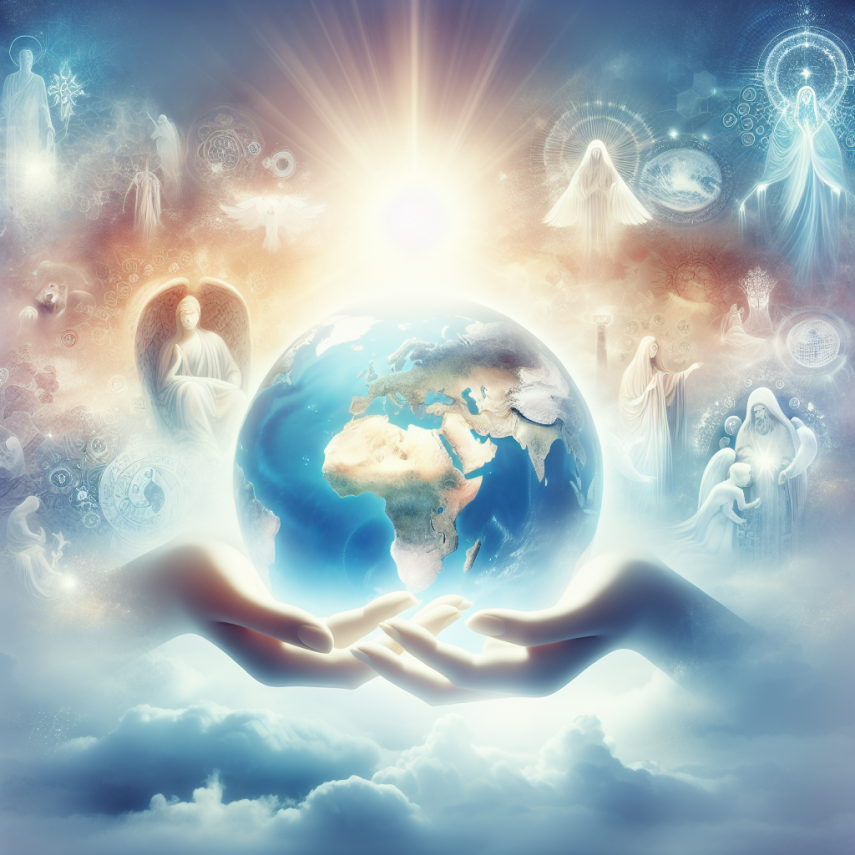
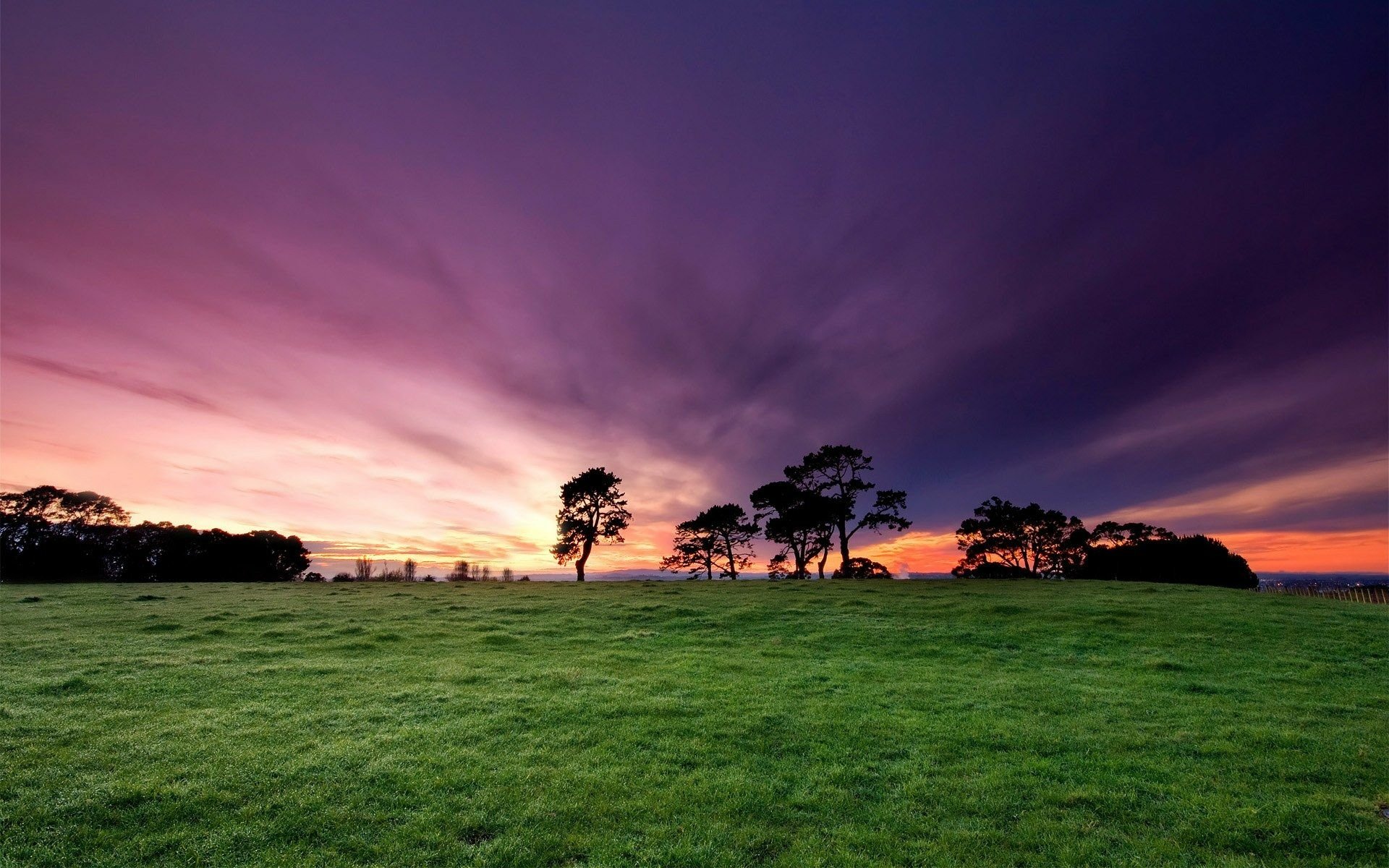
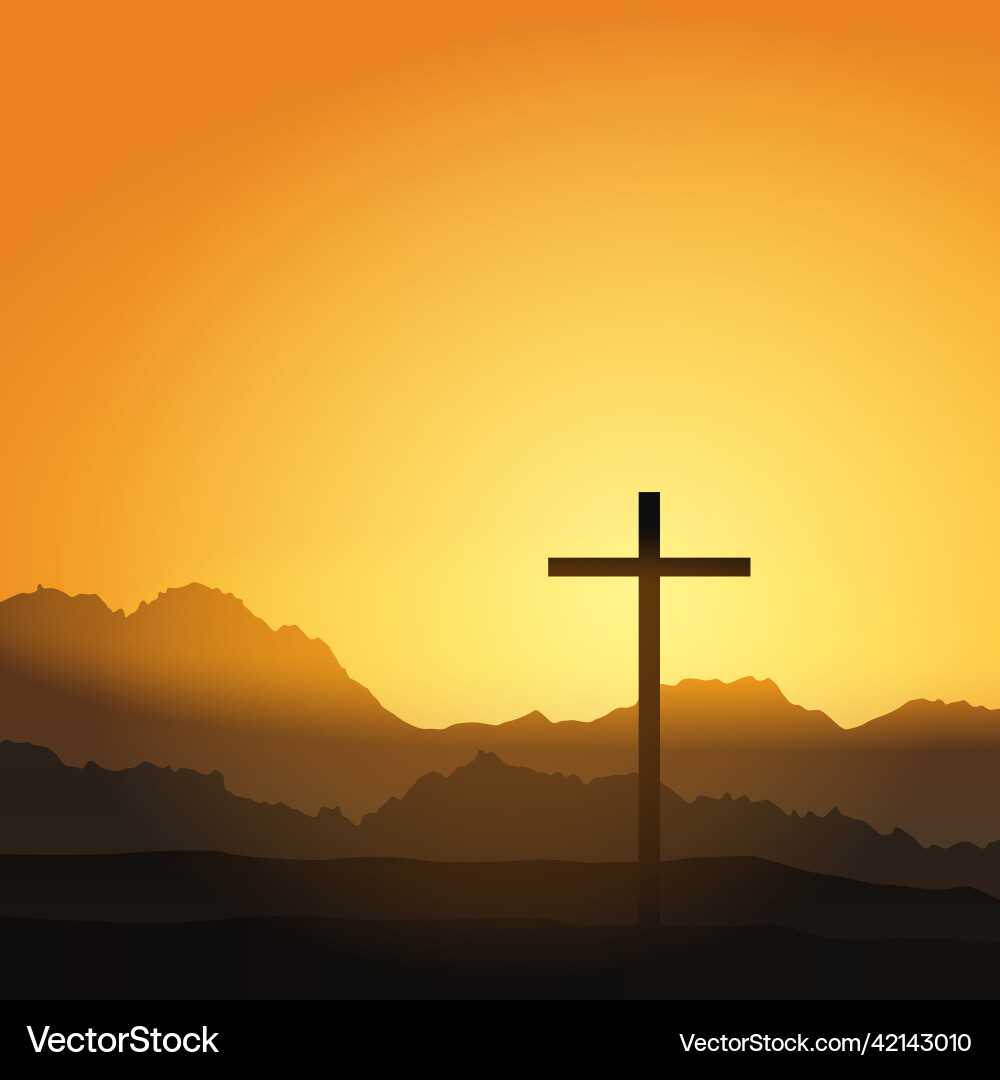
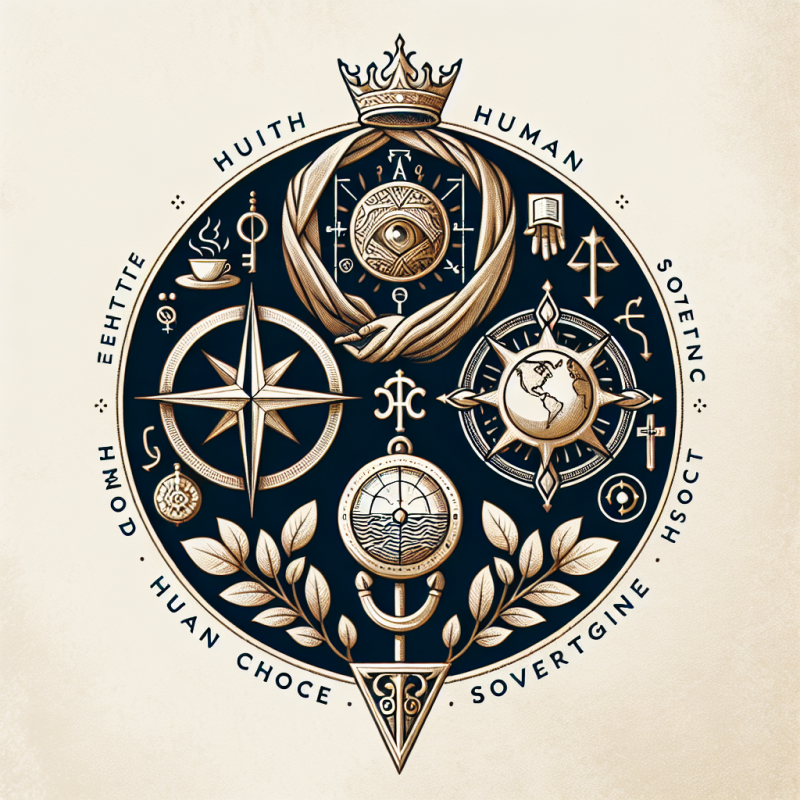
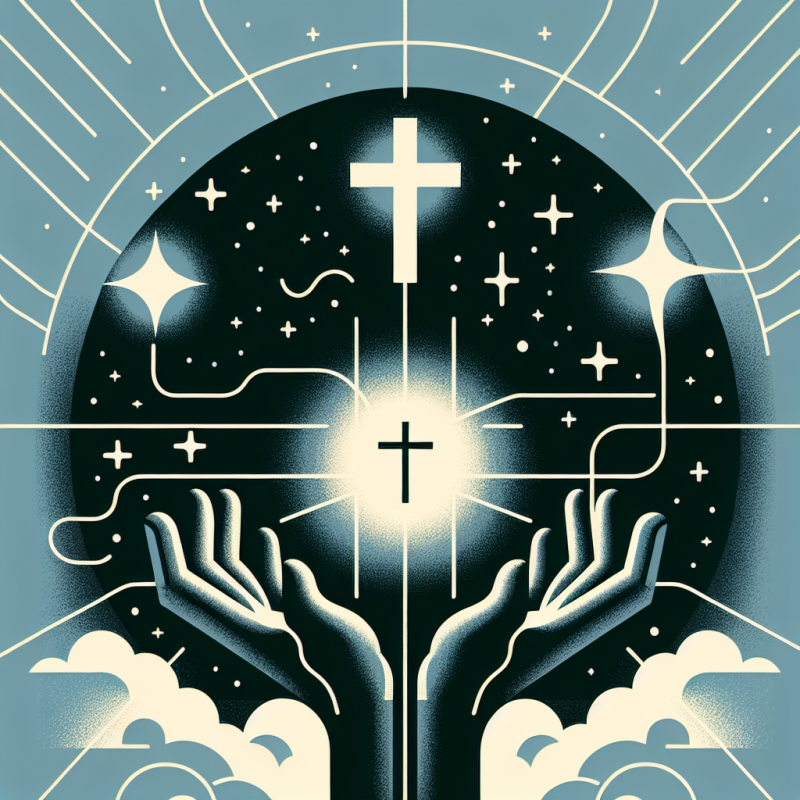

This was a thought-provoking read! The discussion on free will and moral agency hit especially close to home for me. It reminded me that struggle and imperfection can reveal deeper dimensions of faith. Thanks for not avoiding the hard questions about God and suffering—it’s content like this that helps me wrestle with my own experiences. – Micah Robinson
This article engages with one of the most challenging objections to faith while shedding light on how God’s deeper purposes unfold even amid imperfection. – David M